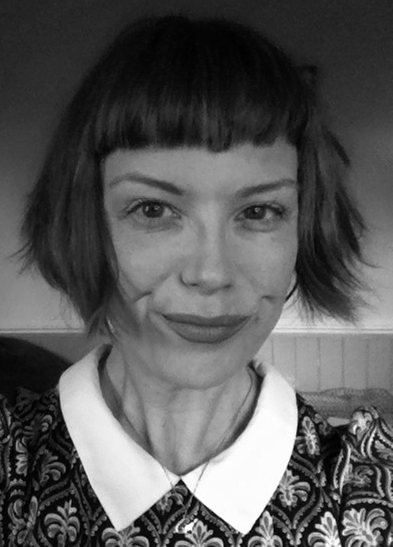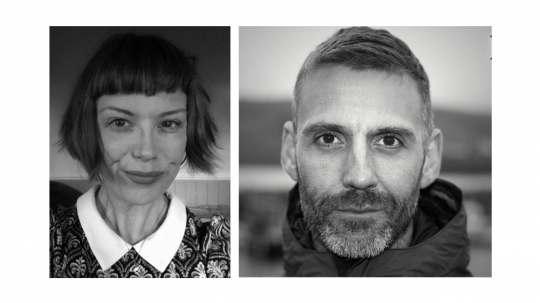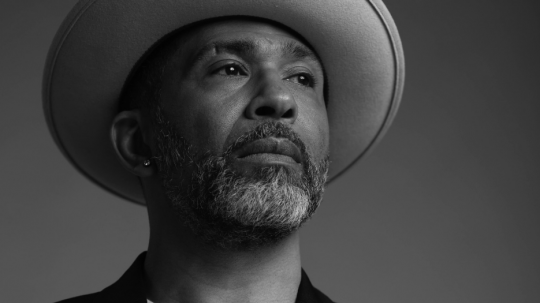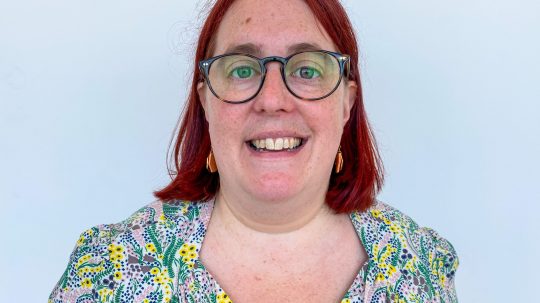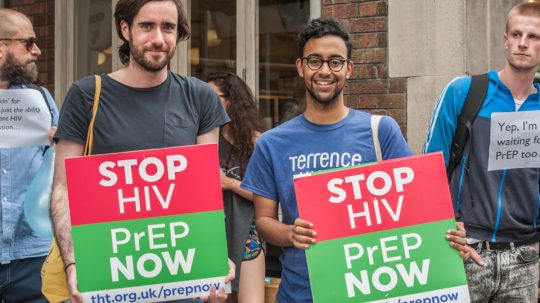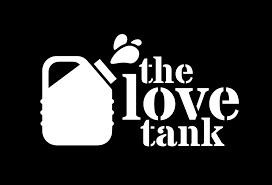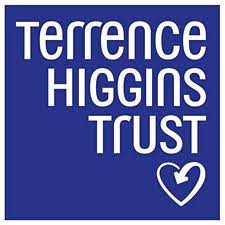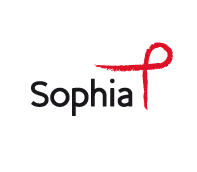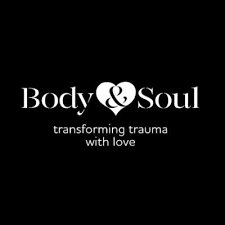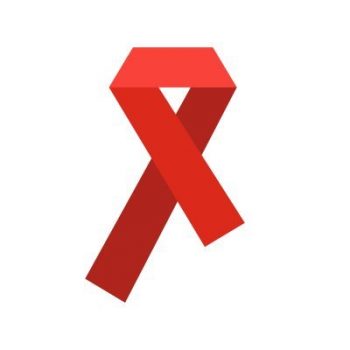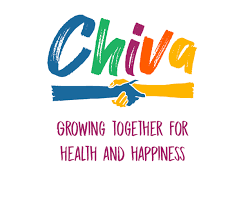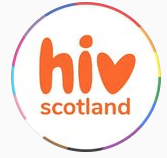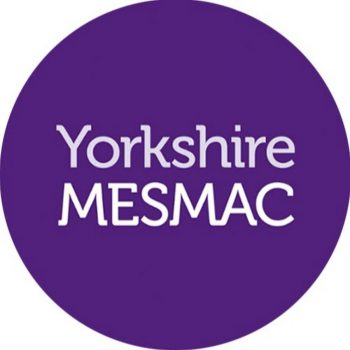The concept for this podcast first came during the early days of lockdown. As horrifying news about the impact of COVID and lockdowns across the world was emerging, we also saw groups of Italians singing out from their balconies, in a beautiful moment of connection - described as the resilience of ordinary people. And this wasn’t the only place where people were coming together to make a point – Spain sang too, and in Brazil people were banging saucepans in solidarity to protest against Bolsonaro.
In addition to the coming together as a community - there were also calls to improve things for the future, or rather to
"build back better” which is a term for the reconstruction phase that creates resilience against future disasters.
But what if the opportunity afforded us at this liminal moment is greater than building a stronger dam or higher walls? What if we take the opportunity to change every aspect of life that hadn’t been working before?
What if we take the opportunity to listen to people who were already doing things differently?
Arundhati Roy wrote about this opportunity to do something differently, seeing the pandemic as “a portal, a gateway between one world and the next.” Making change out of trauma is at the heart of human rights. In 1948, people came together in solidarity to create a means by which to ensure the atrocities of the war never happened again. Out of darkness came a new road map to ensure the rights of all people everywhere and The Universal Declaration of Human Rights was adopted by the UN General Assembly on 10 December 1948.
While the pandemic afforded us the opportunity to make change, we also realise - and have seen - that shifts can just as quickly shift back. When I came up with the idea for this podcast, I wanted to hear from people who had already made something different happen, whether working on a project that features the community it represents, or founding an organisation that sets off down a different road because they felt they had no other choice. I wanted to celebrate the connectivity, the optimism and the hope on display amid all the grieving and fear, not only during the pandemic.
I was on the lookout for stories about people coming together to make a collective difference, stories about the implementation of huge change, and about how this might contribute to a different vision of the world.
Many of the interviews I did were during lockdown - a couple from right at the beginning of the pandemic - but all of them still have big lessons and insights for us now. The first episode features Peter Hoar, award-winning director of 'Its A Sin'. We talked about representation, why it was important that gay actors filled gay roles in this Russell T Davies Channel 4 series, and more. Our planned launch tallied with a march at the end of this week in London, on October 1, aiming to raise awareness around the stigma still attached to HIV. So, we wanted to open up some of the issues raised by 'Its A Sin' and by my conversation with Peter, looking at the history of HIV and human rights in the UK.
Welcome to our first podcast and our first season of No Going Back.

